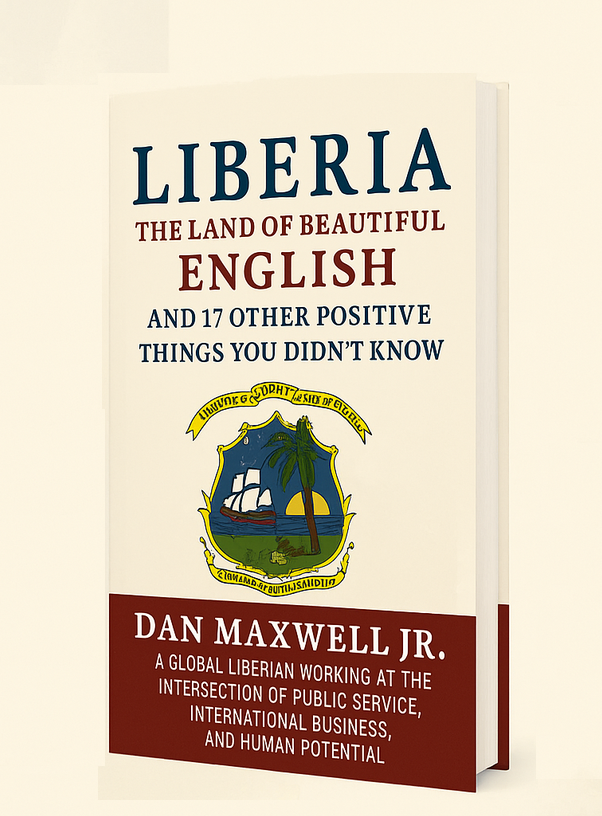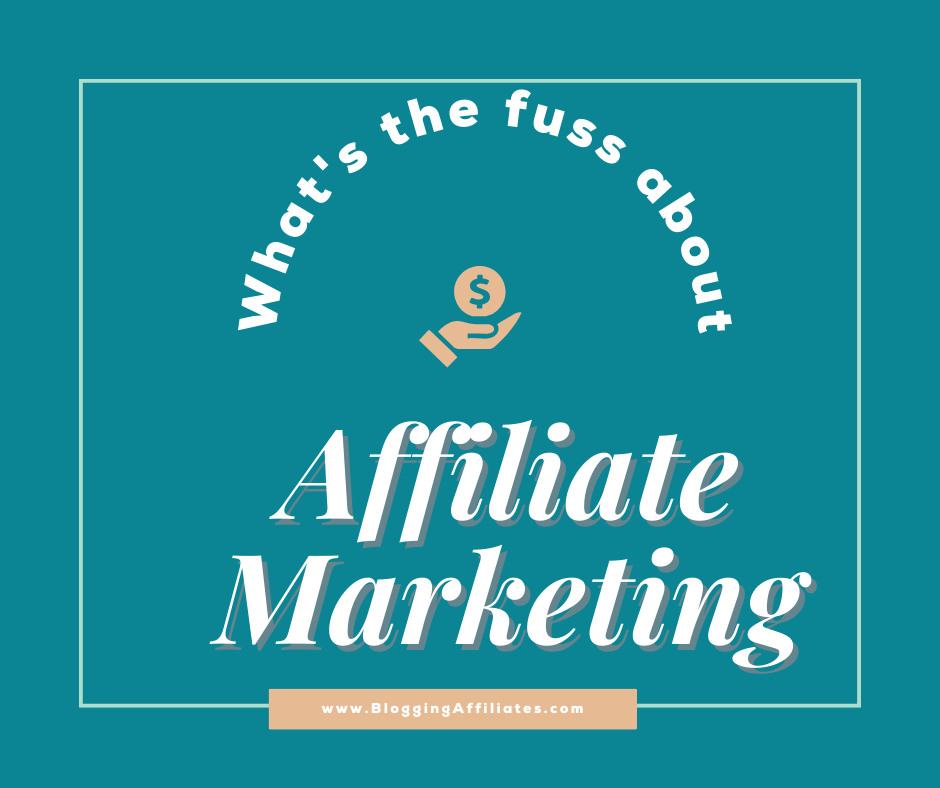Discover the untold stories of resilience, innovation, and shared history
I’m thrilled to announce the release of my new book: “Liberia: The Land of Beautiful English and 17 Other Positive Things You Didn’t Know.” This project, developed in collaboration with Liberia’s National Investment Commission, isn’t just a book—it’s an invitation to rediscover a nation that defies stereotypes and embodies the triumph of hope over adversity.

Why This Book?
The spark? A revealing moment at the White House in July 2025. When President Trump expressed surprise at Liberian President Boakai’s “beautiful English,” it exposed a global blind spot: Liberia’s profound ties to America and its unrecognized achievements. This book transforms that moment of curiosity into a bridge of understanding.
What You’ll Discover
Beyond the headlines of civil war and Ebola lies a Liberia you’ve never been told about:
- 🌍 Africa’s oldest republic (founded by freed U.S. slaves in 1847)
- ⚓️ The world’s 2nd-largest maritime registry (4,500+ ships, 11% of global merchant tonnage!)
- 👑 Home of Africa’s first elected female president (Ellen Johnson Sirleaf, Nobel laureate)
- 💡 Youth-driven tech revolution (60% under 25, building apps and startups)
- 🎨 Cultural powerhouses like Afrobeat star JZyNO rewriting Liberia’s narrative
- 🌴 Untapped paradise with rainforests rivaling the Amazon and surf beaches outshining the Caribbean
Each chapter dismantles myths and spotlights strengths:
“Liberia isn’t a recipient of charity, but a hub of opportunity; not a land of despair, but a wellspring of dynamism.”
(Foreword by Hon. Jeff Bilbo, NIC Chairman)
Why My Heart Is in These Pages
As a Liberian working at the intersection of global business and public service, I’ve spent 15 years showcasing Liberia’s potential. This book combines:
- My work with UNDP, World Bank, and Liberia’s Investment Commission
- Stories of diaspora trailblazers like Richelieu Dennis (Essence Magazine owner) and Adenah Bayoh ($266M real estate empire)
- Data-backed insights on agriculture, tech, and natural resources
A Critical Moment for Liberia
The timing is pivotal: Weeks before Trump’s comment, Liberia was elected to the UN Security Council (2026-2027). This book explains why that matters:
*”Liberia’s seat recognizes 175+ years of democratic resilience, peacebuilding expertise, and maritime leadership.”*



When President Trump recently praised Liberia’s President for his “beautiful English,” it sparked more than just headlines—it opened the door to a deeper conversation about how little the world truly knows about Liberia. My new book, “Liberia: The Land of Beautiful English and 17 Other Positive Things You Didn’t Know,” dives into the country’s remarkable history, innovation, and global influence—from being Africa’s oldest republic to leading in maritime trade and youth-driven tech. It’s not just about setting the record straight—it’s about celebrating a nation that’s often misunderstood. What’s something you didn’t know about Liberia until now?
What an inspiring and refreshing perspective on Liberia—thank you for sharing this! I hadn’t heard about President Trump’s remark, but I love how you used that moment to open a much broader and much-needed conversation about Liberia’s rich history and global significance.
As someone who’s only heard bits and pieces about Liberia in the news (usually centered on crisis), this post—and your upcoming book—sound like a real eye-opener. From maritime leadership to a youth-driven tech movement, it’s clear there’s a whole side of Liberia the world needs to see and celebrate more often.
I’m especially intrigued by the chapter on Liberia’s natural beauty—rainforests rivaling the Amazon and surf beaches better than the Caribbean? That sounds like a tourism story just waiting to be told.
Out of curiosity: Do you see the younger generation in Liberia leading the charge to reshape the country’s global image, especially through tech and media?
Looking forward to checking out the book—congratulations on the release!
Thank you, Jason. Absolutely, the younger generation IS leading the charge to reshape the global narrative of Liberia. Definitely through tech and media, and through the creative arts and entrepreneurship.
I absolutely loved your announcement about Liberia: The Land of Beautiful English! It’s so exciting to see your passion shine through when you talk about how the book highlights the rich history and vibrant voices of Liberian English. I’m really curious—what inspired you to focus on Liberia’s linguistic landscape in this way? And do you have a favorite word or phrase from Liberian English that just captures its beauty for you?
Thank you so much! I’m really glad the announcement resonated with you. The idea for Liberia: The Land of Beautiful English was sparked by a moment of surprise I’ve experienced far too often—when people, even world leaders, react with astonishment that a Liberian speaks “such good English.” That curiosity—sometimes well-meaning, sometimes uninformed—led me to want to reframe the conversation entirely.
Liberia’s linguistic story isn’t just about proficiency in English—it’s about a legacy of resilience, freedom, and cultural fusion. From Settler English to Kolokwa, our versions of English carry the weight of history and the soul of everyday life.
As for a favorite phrase? It has to be “You na easy oh!” It’s hard to translate directly, but it captures empathy, admiration, and amusement all at once—like saying, “You’ve really been through it, and I see you.” That layered expressiveness is part of what makes Liberian English so beautiful to me.
Thanks again for your encouragement—it means a lot!
Dan,
It’s really exciting to see a book that spotlights Liberia’s unique linguistic heritage, particularly the Englishes that have evolved on Liberian soil. What emerges throughout discussions around Liberia: The Land of Beautiful English is how American settler English, indigenous tongues, and West African pidgin blended over time to form distinct varieties like “Settler English,” “Kolokwa,” and Standard Liberian English, even multiple dialects within each. This linguistic fusion reflects not just colonial influence but also deep-rooted identity shaping, as English became both a symbol of education and a living cultural expression. The book seems poised to explore how these varieties became woven into everyday life, literature, oration, and music in Liberia, an interplay of language that is both beautiful and historically rich.
What I’d love to know more about is how Maxwell portrays the modern status of these English varieties, does he delve into how Kolokwa (the colloquial Liberian English) is used in contemporary media, storytelling, or everyday speech? And how does the book frame the tension between maintaining indigenous languages while promoting English as the official medium in government and education? Liberia boasts dozens of indigenous languages, Kpelle, Bassa, Gio, and initiatives like LIBELP are actively working to revitalise them, even as English remains dominant in schools and official contexts. Does the narrative include these dynamics, showing how Liberians balance tradition, national unity, and global connectivity through language?
Kind regards,
Martin
Thank you, Martin, for such a perceptive and nuanced reading of Liberia: The Land of Beautiful English. You’ve captured one of the book’s central themes: language in Liberia is far more than a means of communication—it’s a living testament to our history, identity, and resilience.
While the book highlights “beautiful English” as both a cultural asset and a symbol of national pride, it also acknowledges the layers within Liberian English—Settler English, Kolokwa, and Standard Liberian English—each carrying its own history and social nuance. I touch on how Kolokwa, in particular, is not only an everyday lingua franca but also a creative force in music, storytelling, and urban youth culture. Artists like JZyNO and other cultural voices weave Kolokwa into their lyrics and narratives, giving it new life and global visibility.
The question of balancing English with Liberia’s indigenous languages—such as Kpelle, Bassa, and Gio—is also addressed in the broader context of national unity and modernization. English, as the official language, has historically served as a unifying bridge among Liberia’s many ethnic groups, but I also recognize the risk of indigenous language erosion. While the book doesn’t dive deeply into specific initiatives like LIBELP, it does acknowledge the importance of cultural preservation and the need to view English not as a replacement but as a complement to Liberia’s linguistic diversity.
The narrative frames this dynamic as part of Liberia’s evolving identity: English connects us globally and institutionally, while indigenous languages root us in tradition and local wisdom. Both are essential to understanding Liberia’s past and shaping its future.
Wow @Dan — this was full of surprises! I had no idea Liberia had the world’s second-largest maritime registry or that it was home to Africa’s first elected female president. The title “The Land of Beautiful English” is such a great reframing — especially given Liberia’s deep historical ties to the U.S. (which probably the only thing I did know from your list) and its overlooked global contributions. I appreciate how this book challenges stereotypes and highlights resilience, innovation, and cultural pride.
A good post – and I take my hat off to you for making such a strong reference article for something that you are really passionate about.
MarkA
Thank you , Mark. I highly appreciate you feedback, and I’m glad to have been the one exposing you to the Liberia that’s quite unknown.